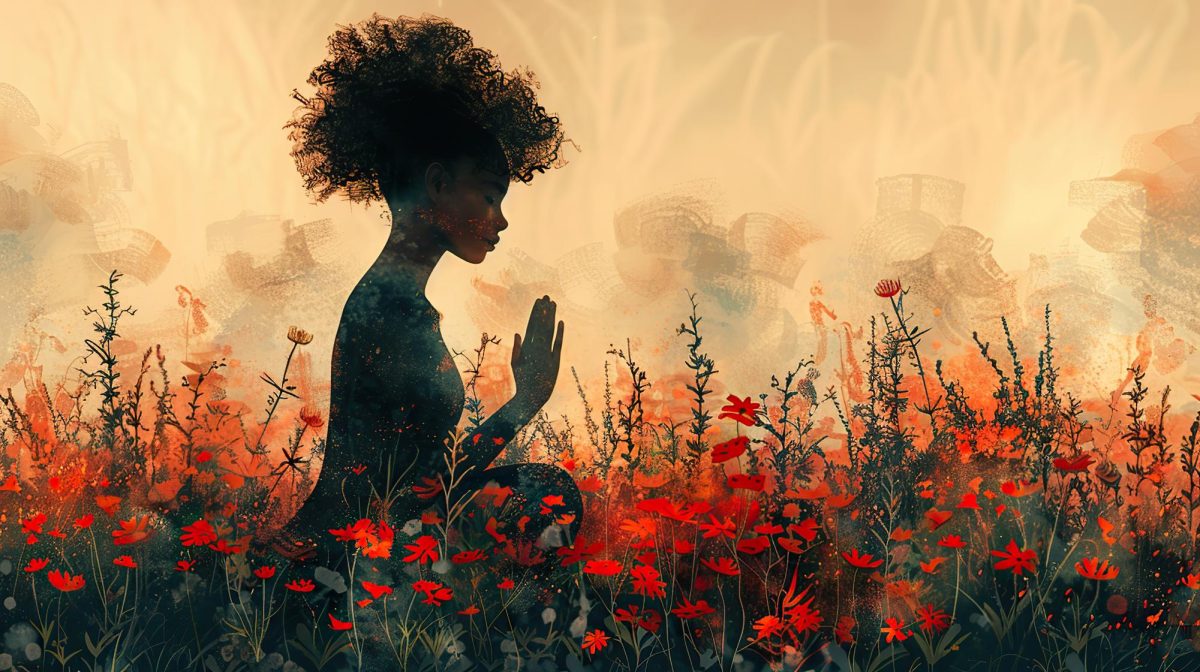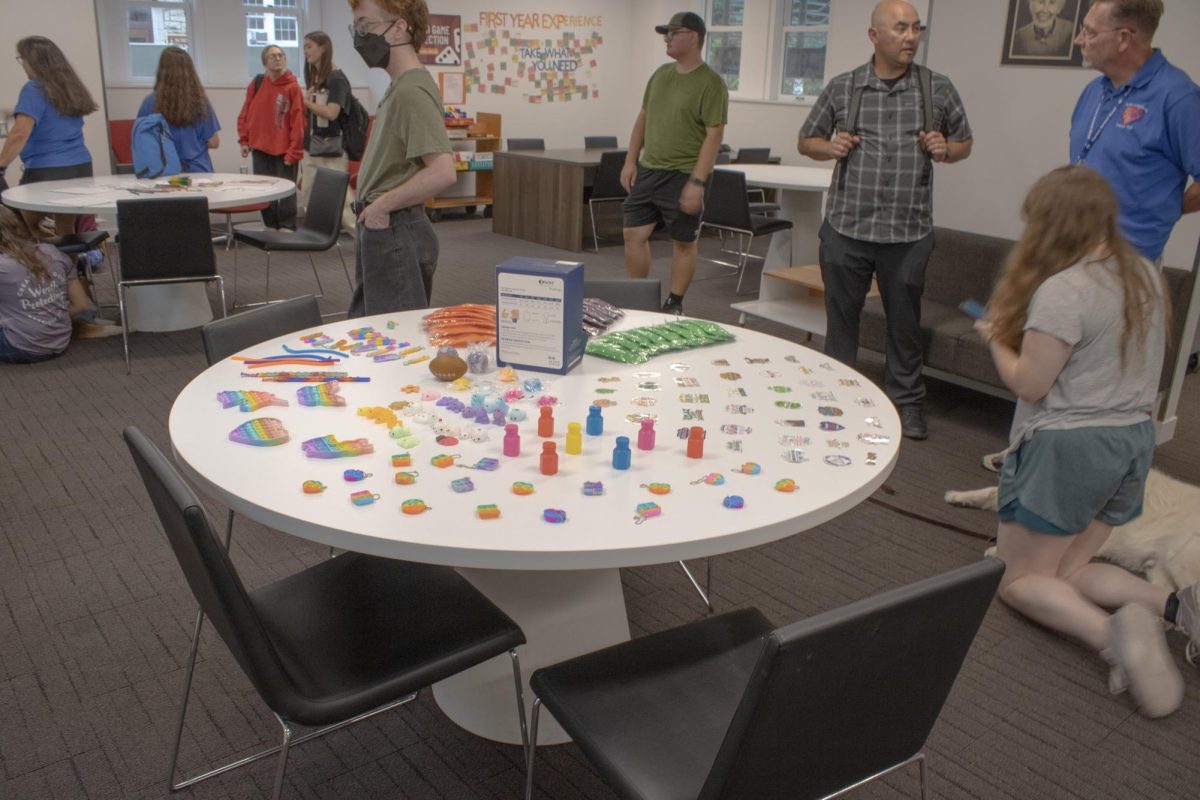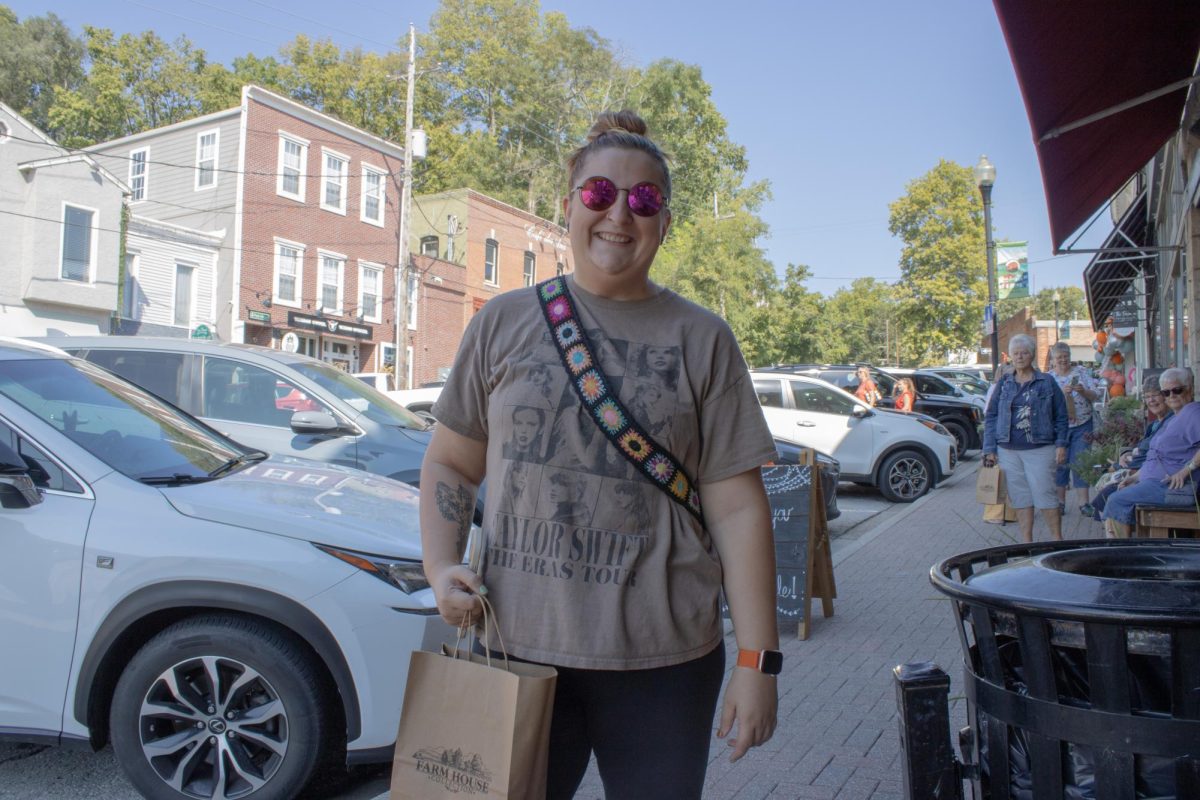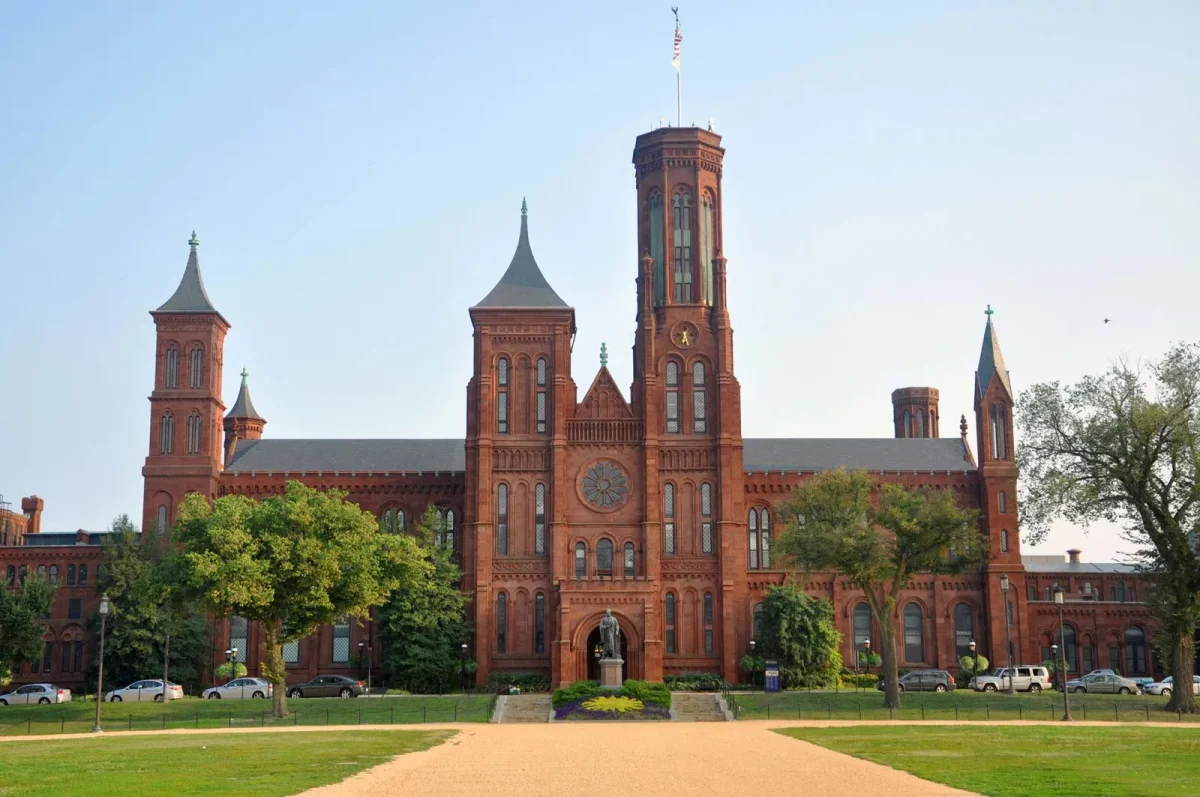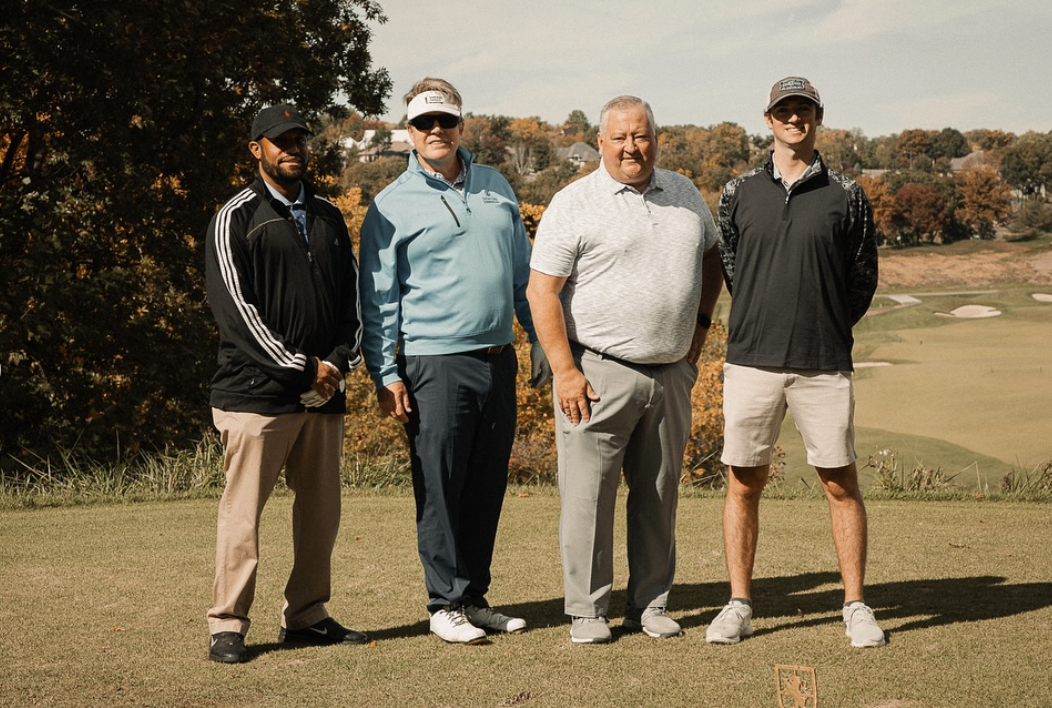It’s not a secret for anyone who knows me — I grew up in the Christian faith. Pretty much from my earliest memories I can say that my family was in the pew every Sunday. My grandfather was a pastor for a time, my mother would sing in the various choirs and worship teams. After high school, I even worked as a Youth Intern at my church. At this point in my life I seriously considered becoming a Youth Pastor myself.
But life happens as it always does, and over time, my relationship with organized religion changed. To some I have backslid and abandoned everything I claimed to believe in. There probably isn’t a day that my 90-something year old Grandmother isn’t praying for my mortal soul. I have to say, no matter how much I wish the conversation would change, there’s a comfort in knowing she’s still trying desperately to check my name off her to-do list.
When I grew up, instead of becoming a pastor like I had thought, I served in the military. I worked on F-16s. And I came home with PTSD and a traumatic brain injury. (At least Jonah got a whale… Come on…)
There are things you don’t know how to prepare for when you leave the service. How your brain never fully shuts off. How loud noises make your body react before your mind even catches up. How sleep becomes this impossible game of trying to outrun your own thoughts. There were nights when my body was exhausted, but my mind refused to rest. Times when my thoughts spiraled, my anxiety spiked, and my own brain became the enemy.
Sometimes it was a whispered, “Just let me get through this.”
Sometimes it was a deep breath and a desperate hope that the thoughts in my head would just slow down. But in those moments, I found myself clinging to something familiar. No matter what my stance is now, I can’t shake the memories of bedtime prayers as a kid. The way my mom would pray when a tornado tore through town while we huddled in the hallway. The whispered prayers in hospital rooms, hands clasped, voices low.
I remember how safe it felt. The warmth. Like, no matter how uncertain or chaotic the world was, there was always this one thing we could do. One thing to make it all go away for a moment. I know what some of you might be thinking — prayer is just talking to yourself. And sure, if you don’t believe in a higher power, that might be exactly how it feels.
But here’s the thing: Even if there’s no divine response, prayer still seems to do something.
So, let’s strip away the religious aspect for a second. What’s left? At this point, I can practically hear my old Sunday School teacher gasping in horror. I’m sorry Mrs. Beverly.
I’d argue that prayer, in its simplest form, is a moment to be vulnerable. It’s a pause. A deep breath. A way to admit to yourself, if no one else, that you don’t have all the answers. That you need something to hold onto right now.
Maybe that something is faith. Maybe it’s just a moment of quiet in a loud and overwhelming world.
It’s why people pray before big decisions. It’s why they pray huddled in the hallway while tornados pass by. It’s why even people who don’t consider themselves religious sometimes find themselves whispering, “Please let this work…” under their breath when life throws them into uncertainty.
Maybe it’s not about changing the world. Maybe it’s about changing us
Neuroscientists like Andrew Newberg have studied what happens in our heads when we pray, and the results are kind of cool. Prayer activates the brain’s prefrontal cortex — the part responsible for focus and problem-solving — while calming the amygdala, which handles stress and fear. Another study by Uffe Schjoedt in 2008 found that personal prayer lights up the same areas of the brain we use for social interaction.
In plain terms? Prayer might actually help people feel safer and more in control, even when nothing about their situation has physically changed. For someone like me — someone dealing with PTSD — that’s huge.
For me, it’s a coping tool. Maybe I don’t pray the way I used to, sure. But that act of stepping away from the chaos, of focusing my mind on something other than fear or stress — it helps. Whether you believe in God or just believe in the power of quieting your own mind, the effect is real. Maybe that’s why so many people, even those who struggle with faith, find comfort in these moments — it’s not necessarily about getting an answer; it’s about feeling like somehow in some way you’re being heard.
Many religious traditions have things like the Christian contemplative prayer. The Islamic religion has dhikr. Others, like the Buddhist faith, use meditation. Even for those who don’t believe in a higher power, the act of meditation can serve as a grounding ritual. A chance to reset, to refocus, and maybe find a little peace.
Whether whispered in the dark before bed, spoken in the midst of a crisis, or simply held in silent thought, it offers comfort, connection, and peace. And maybe, just maybe, that’s enough.
At the end of the day, I’m not here to tell you what to believe. I know plenty of people who pray, plenty who meditate, and plenty who just take deep breaths and hope for the best. But if there’s one thing I’ve learned, it’s this: whether it’s a whispered prayer in a hospital room, a deep breath before a big moment, or an exasperated, “Give me strength…” when dealing with rush hour traffic — it all kind of serves the same purpose.
And if my old churches did excommunicate me for saying all this, well… at least I know someone, somewhere, someone’s still trying to cross me off the to-do list.



